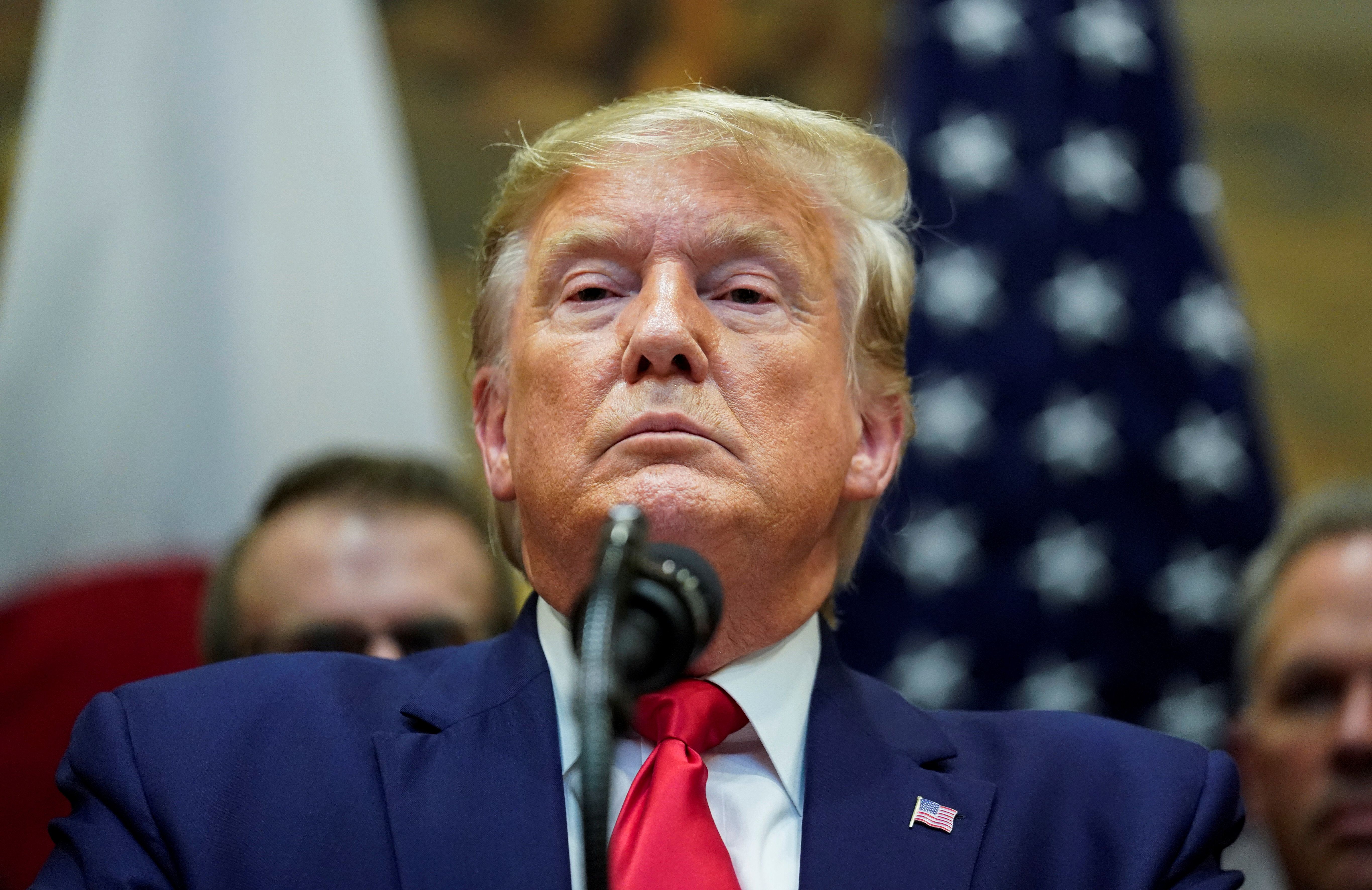October 10, 2019
Turkey's ongoing military incursion into Syria began when President Donald Trump ordered the withdrawal of US forces from land in northern Syria held by the Kurdish-led Syrian Democratic Forces (SDF).
The US has long considered the SDF an important ally in the drive to destroy ISIS. Turkey, by contrast, accuses the SDF of support for Kurdish separatists inside Turkey.
President Erdogan says his country's military will push the SDF and its 40,0000 fighters further from the Turkish border and create a "safe zone" inside Syria to house many of the 3.6 million Syrian refugees now living in camps inside Turkey.
Trump's decision to withdraw US troops cleared the way for Turkey's military to attack the SDF.
This story raises a broader question: What's the proper role for the world's only military superpower in today's world? Is Trump right to withdraw these troops? Or is he making a big mistake?
Here's our take on the most compelling arguments for each side.
Against Trump's withdrawal
- The US president has stabbed a loyal American ally in the back. People who counted on support from Washington are now being killed. Civilian men, women, and children will be among the dead.
- The US needs allies, and Trump's decision to withdraw protection from the SDF, who have fought alongside Americans to defeat ISIS, sends a clear signal to US allies around the world that Washington can't be trusted. The president may promise one thing today and abandon his pledge tomorrow. The next president may refuse to keep promises that the current president makes.
- The SDF holds thousands of ISIS members captive. Attacking the group could free these fighters.
- The US withdrawal will allow ISIS to rebuild and commit new terrorist attacks, possibly on US targets. It will also help Russia and Iran tighten their grip on Syria.
- In ordering this withdrawal, Trump, the only person ever elected US president without ever having served in government or the military, overruled senior military leaders and officials with deep experience of the Middle East. Strong leaders are willing to be guided by experienced advisors.
For Trump's withdrawal
- The Kurds are not "allies" of the United States. They are dependents. Allies come to your aid just as you come to theirs.
- Iran and Russia already control Syria, and military occupation of a foreign country won't eliminate the risk of terrorism at home.
- US soldiers shouldn't be asked to fight over land in the Middle East, occupy its unstable countries, and patrol its streets until the region's powers all become friendly democracies. The American taxpayer shouldn't be asked to pay for endless commitments to the security of others.
- If now is not the moment for withdrawal, then when? US troops have been in Afghanistan for 18 years.
- The first obligation of the US president is to the American people. Candidate Trump promised he would free the US from never-ending wars in the Middle East, and he intends to keep that promise.
The bottom-line: Complicated problems don't come with obvious answers. Tell us what you think.
From Your Site Articles
More For You
- YouTube
In this episode of "ask ian," Ian Bremmer breaks down the growing rift between the US and Canada, calling it “permanent damage” to one of the world’s closest alliances.
Most Popular
Two Iranian motorcyclists stop in front of the burned East Tehran General Directorate of Tax Affairs headquarters in Tehran, Iran, on January 21, 2026.
Photo by Morteza Nikoubazl/NurPhoto
30,000: The estimated death toll in Iran during the protests at the start of the year, per local health officials, underscoring the scale of the Islamic Republic’s crackdown on its own citizens.
The World Health Organization (WHO) headquarters is seen in Geneva, Switzerland, January 28, 2025.
REUTERS/Denis Balibouse
Seventy-eight years after helping found the World Health Organization (WHO), the United States has formally withdrawn from the agency, following through on a pledge President Donald Trump made on his first day back in office.
© 2025 GZERO Media. All Rights Reserved | A Eurasia Group media company.
